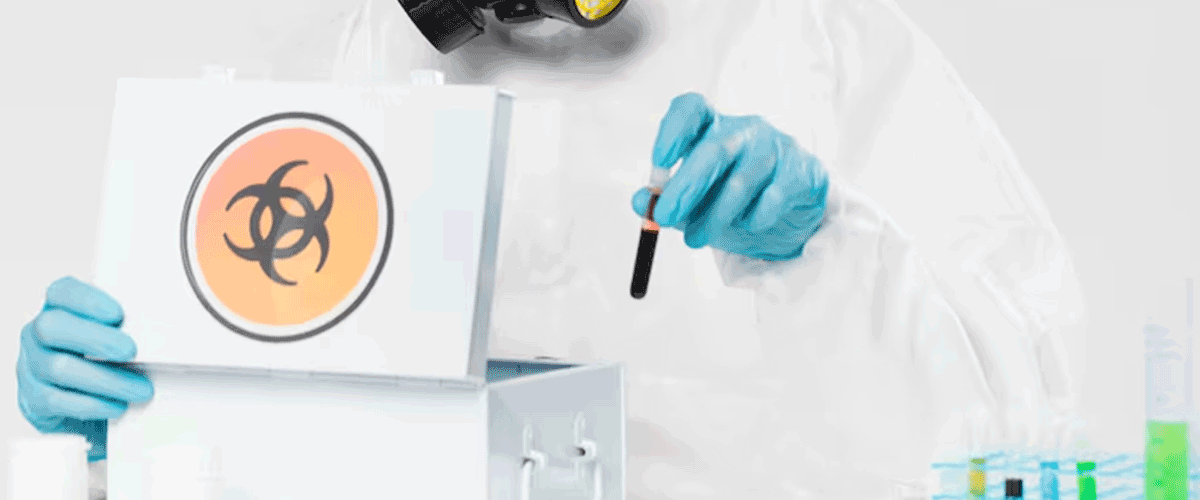(An Autonomous Body Recognized by Ministry of Commerce & Industry, Government of India)
Competency based placement focussed Education | Training | Research | Consultancy

WHO Issues New Guidelines to Phase Out Animal Testing in Biological Product Quality Control
Following the NIH’s recent decision to stop funding research projects relying solely on animal experiments, the World Health Organization (WHO) has published its Guidelines on the replacement or removal of animal tests for the quality control of biological products. The document stresses that recommendations for adopting in vitro methods take precedence over older WHO requirements, urging manufacturers, developers, and regulators to prioritize validated, animal-free approaches without delay.
The guidance highlights that while animal tests historically played a central role in assessing safety and efficacy, they are now often deemed less reliable than modern in vitro techniques. Since 2019, the WHO has systematically reviewed animal-based testing requirements, identifying alternatives for potency, pyrogenicity, and neurovirulence assessments. The new framework emphasizes the 3Rs principle—replacement, reduction, and refinement—and encourages early integration of in vitro tests, particularly under Quality by Design strategies. Legacy products remain challenging, but WHO calls for close collaboration with regulatory authorities to accelerate the transition.
03-09-2025
📰 Recent News
- Union Health Minister Releases Indian Pharmacopoeia 2026, Strengthening Drug Quality Standards
- Valneva and Serum Institute End License Agreement for Chikungunya Vaccine
- NPPA Clears Serum Institute to Stop Two Tetanus Toxoid Pack Sizes
- DoP Extends PLI Application Deadline for Meropenem and Ritonavir
- India Bans High-Dose Nimesulide Oral Formulations Over Safety Concerns
- India Proposes Prescription-Only Sale of Cough Syrups After Child Deaths
- FDA Publishes Revised Draft Guideline on Medical Gases
- FDA Issues Warning Letter to Cdymax India Pharma Over OOS and CAPA Failures
- FDA Highlights Data Integrity Risks of Excel in GMP Environments
- ICH Moves Toward Harmonised Biosimilar Development Guidelines
